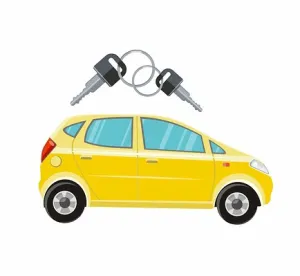Auto companies around the world have announced partnerships with car-sharing companies, or created their own car-sharing platforms.
Toyota announced in October that it is investing in car-sharing service Getaround. Daimler launched a car sharing app called CROOVE, set to go live in Munich in December. General Motors partnered with Uber on its car-sharing program Maven (after investing in ride-sharing company Lyft). Audi is testing Audi Shared Fleet. BMW launched ReachNow in Seattle, Portland, and Brooklyn. Other automakers have likewise delved into the industry.
 Car-sharing is not new. Car-sharing companies like ZipCar and Enterprise CarShare have been around for years. Maven follows this model of offering cars to users, touting the “newest cars” with the “latest technologies.” However, several of the newest companies and platforms focus on “peer-to-peer” car sharing, with consumers renting out their own vehicles through the car-sharing programs, and not relying on a fleet of vehicles maintained by the business.
Car-sharing is not new. Car-sharing companies like ZipCar and Enterprise CarShare have been around for years. Maven follows this model of offering cars to users, touting the “newest cars” with the “latest technologies.” However, several of the newest companies and platforms focus on “peer-to-peer” car sharing, with consumers renting out their own vehicles through the car-sharing programs, and not relying on a fleet of vehicles maintained by the business.
So why are automakers getting on board with the car-sharing industry?
Similar to the ride-sharing industry, the car-sharing industry revolves around cars. And with the growth of ride-sharing and car-sharing, some predict changing ownership models for cars in the future. Car-sharing also offers opportunities to gather information on consumer trends, and expose users to the latest car models and features. Whether car-sharing takes off on the same trajectory as ride-sharing remains to be seen. Either way, auto manufacturers are laying claim to this growing segment of the auto industry.




 />i
/>i
